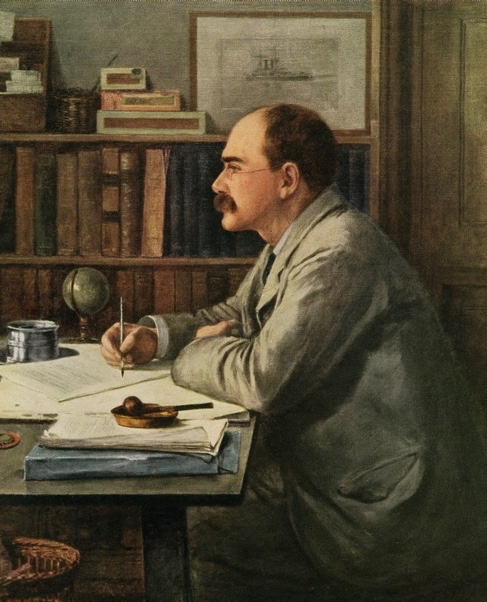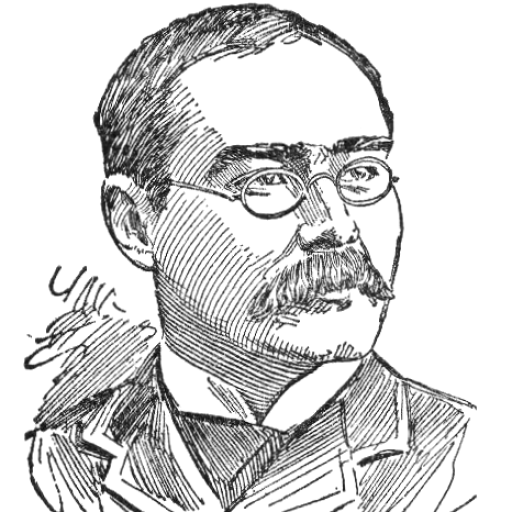
While one side of Kipling was a passionate traveler, who almost every year of his life went on extended sea-voyages, another side of him had a deep need to belong somewhere. Depending on how one looks at it, Kipling was really a person who belonged to several countries or to none.
He was thoroughly at home in India, where he was born and spent his childhood, as well as the first and most formative years of his professional work (age seventeen to twenty-four); however, except for a visit before his twenty-sixth birthday – which was cut short by news of the death of his best friend, Wolcott Balestier – he never saw India again.
He lived in Vermont from 1892 to 1896, probably the happiest years of his life, and meant to settle in the US; however, a combination of personal and political circumstances made him return to England and he never visited the US again, except for another trip in 1899 – this time cut short by the death of his beloved six-year-old daughter Josephine and his own near-fatal illness.

Thomas Pinney said in his introduction to Kipling’s biography, ‘Something of Myself’: “Kipling, whose restless life seemed to be that of a man who belonged to no particular country, nevertheless needed a place – or an idea that he could project upon a place – to which he could be loyal”. This deep need to belong to a place is captured in the poem ‘The Land’ by the envy which the nominal owner feels towards Hobden, the true son of the soil – envy captured in the famous line, “for whoever pays the taxes, old Mus’ Hobden owns the land”. ‘The Roman Centurion’s Song’ is a moving confession of a foreign-born man who – like Kipling himself – settled in England and came to love the country perhaps better than a native-born could. The poem ‘The Sea and the Hills’ owes its power to an effective contrast – through a superb description of the sea, Kipling brings home the unquestioning sense of belonging which hillmen feel for their hills.
